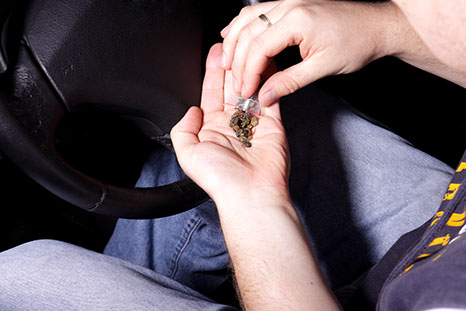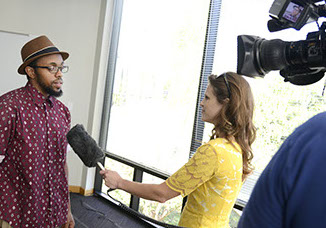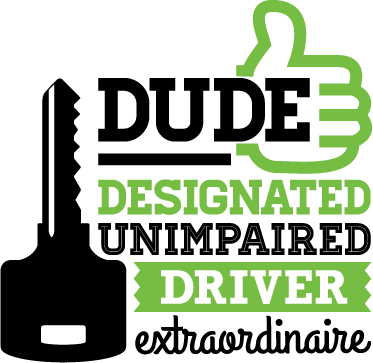

Self-reported survey of Texas teens finds
drug-impaired driving
surpasses alcohol-impaired driving
for first time
Peer-to-peer program at Concordia targets impaired driving in an effort to improve safety behind the wheel
In 2012, for the first time since its creation more than 20 years ago, the Texas Secondary School Survey found that more high school seniors reported driving drug impaired than those who reported driving alcohol impaired. One Austin university is doing something about it.
Concordia University Texas has adopted the peer-to-peer program U in the Driver Seat (UDS) to combat impaired driving.
The survey found that while the number of seniors driving after drinking has decreased from 29 percent in 1990 to 15 percent in 2012, 16 percent of respondents reported driving while high from other drugs.
“It is a widely known truth that high school seniors bring a lot of their established habits and behaviors with them to college,” said Russell Henk, U in the Driver Seat director. “As these students make this transition, the choices they make are — more so than ever before — ultimately up to them. A combination of awareness and positive peer pressure can help influence their decision making.”
Car crashes are the number-one killer of Americans under the age of 25. Impaired driving is a major risk factor for 18- to 24-year-old drivers. The U in the Driver Seat program, created by the Texas A&M Transportation Institute (TTI), promotes peer-to-peer education on the risks of impaired driving. The program is active at 12 college campuses in Texas, with Concordia being one of the newest and most active additions.
In the spring, students from Concordia attended the Impaired Driving Prevention Symposium at Texas State University. Later in the semester, Concordia students hosted an impaired driving event to educate their peers on the dangers of driving under the influence of alcohol or drugs.
“After attending the symposium, we decided the program was something that would really help inform the students on our campus,” says Xzavier Beacham. “UDS is about us keeping each other safe by spreading the message about impaired driving.”
This October Concordia promoted impaired driving awareness as part of its campus-wide safety month.
Unlike other safety initiatives targeting young people behind the wheel, UDS involves college students directly to help develop and deliver the right safety messages.





“We can only do so much to protect students from dangers on the road with laws,” Kristi Kirk, chief enrollment officer at Concordia University Texas, said. “By educating and activating these young adults about those dangers, we are empowering them to make the right decision when they get behind the wheel. And this program fits with our mission of developing Christian leaders. Our students are choosing to make good choices and lead by example through this program.”
The survey has been conducted in Texas since 1990 and asks students about their use of alcohol, drugs and related behaviors. It is the only survey of its kind that has consistently tracked impaired driving behaviors by high school students for 22 years.
U in the Driver Seat was developed by TTI and provides the science, materials and support for the program, while each student group determines how the program will work in its school. Funding is provided by the Texas Department of Transportation and State Farm. The program is modeled after TTI’s successful Teens in the Driver Seat® program, a peer-to-peer safety program for America’s youth that has been implemented in more than 600 Texas high schools.
This year, U in the Driver Seat is rolling out a new message platform aimed at tackling the impaired driving problem in a broader fashion — the Designated Unimpaired Driver Extraordinaire (DUDE).
“The idea of the DUDE is to designate a driver when you’re going out,” says Texas Department of Transportation Project Manager Frank Saenz. “Designating a driver is the easiest way to make sure that you and every other driver whose path you may cross make it home safe.”
Visit u-driver.com for more information on the U in the Driver Seat program.